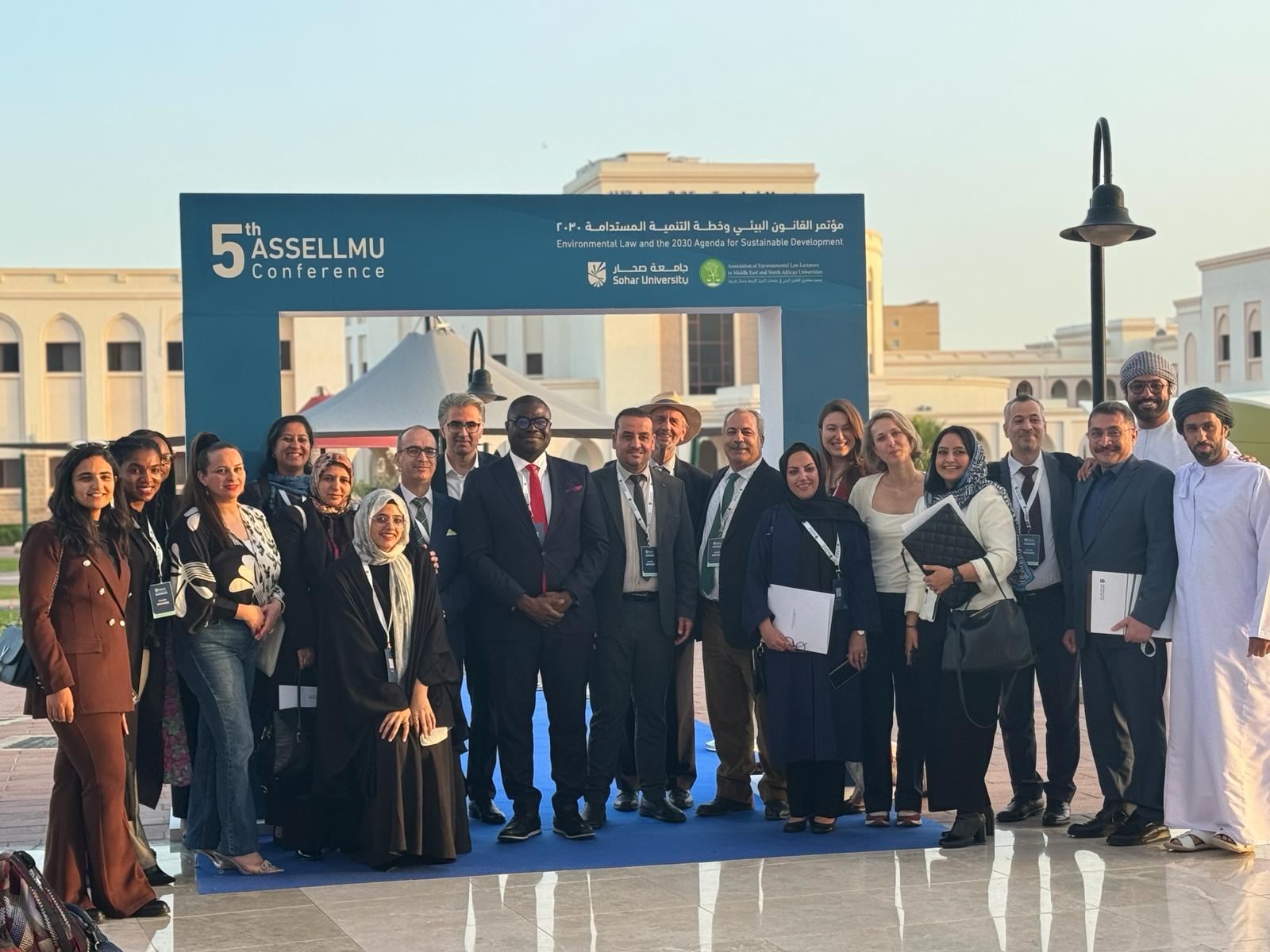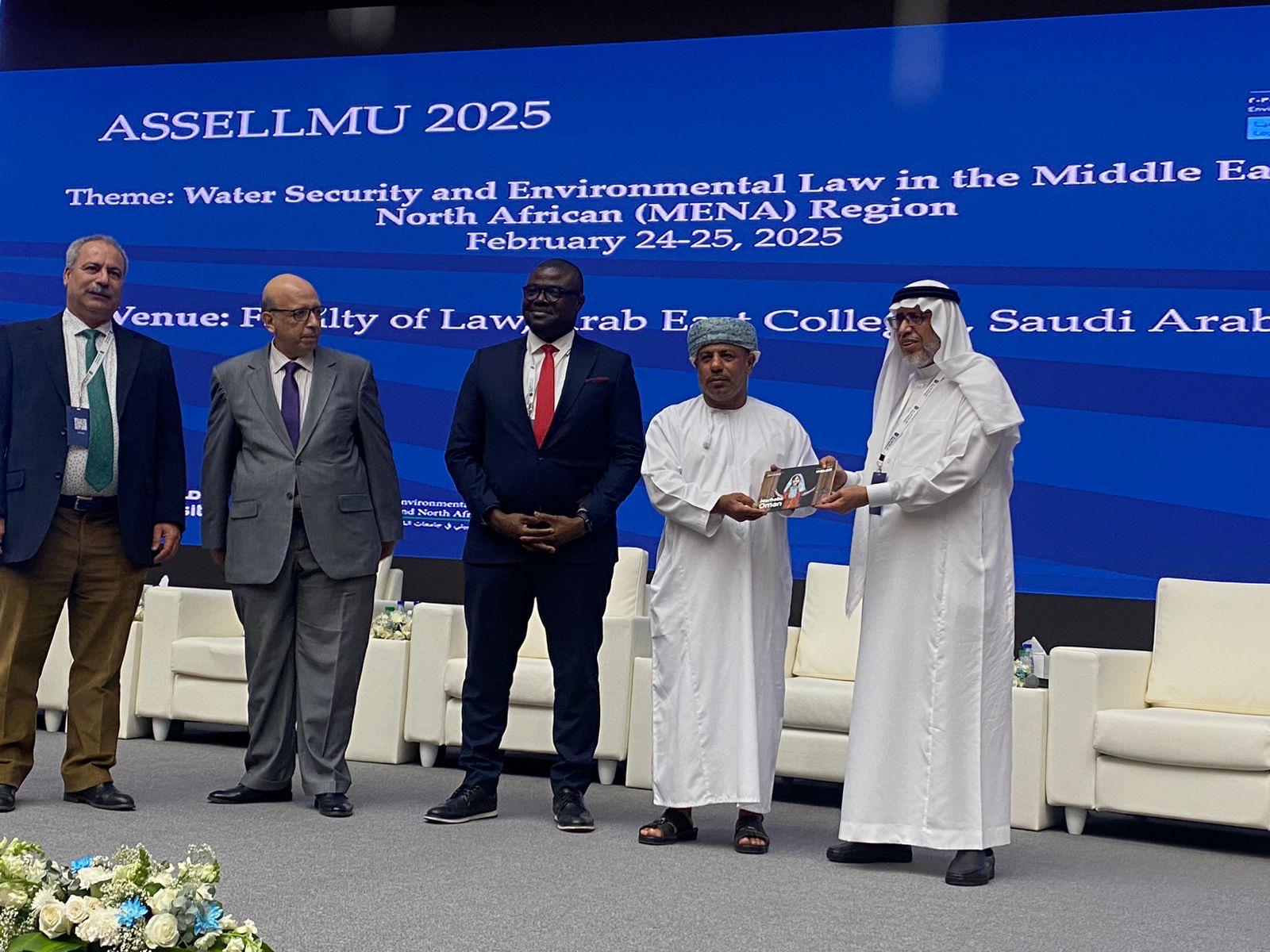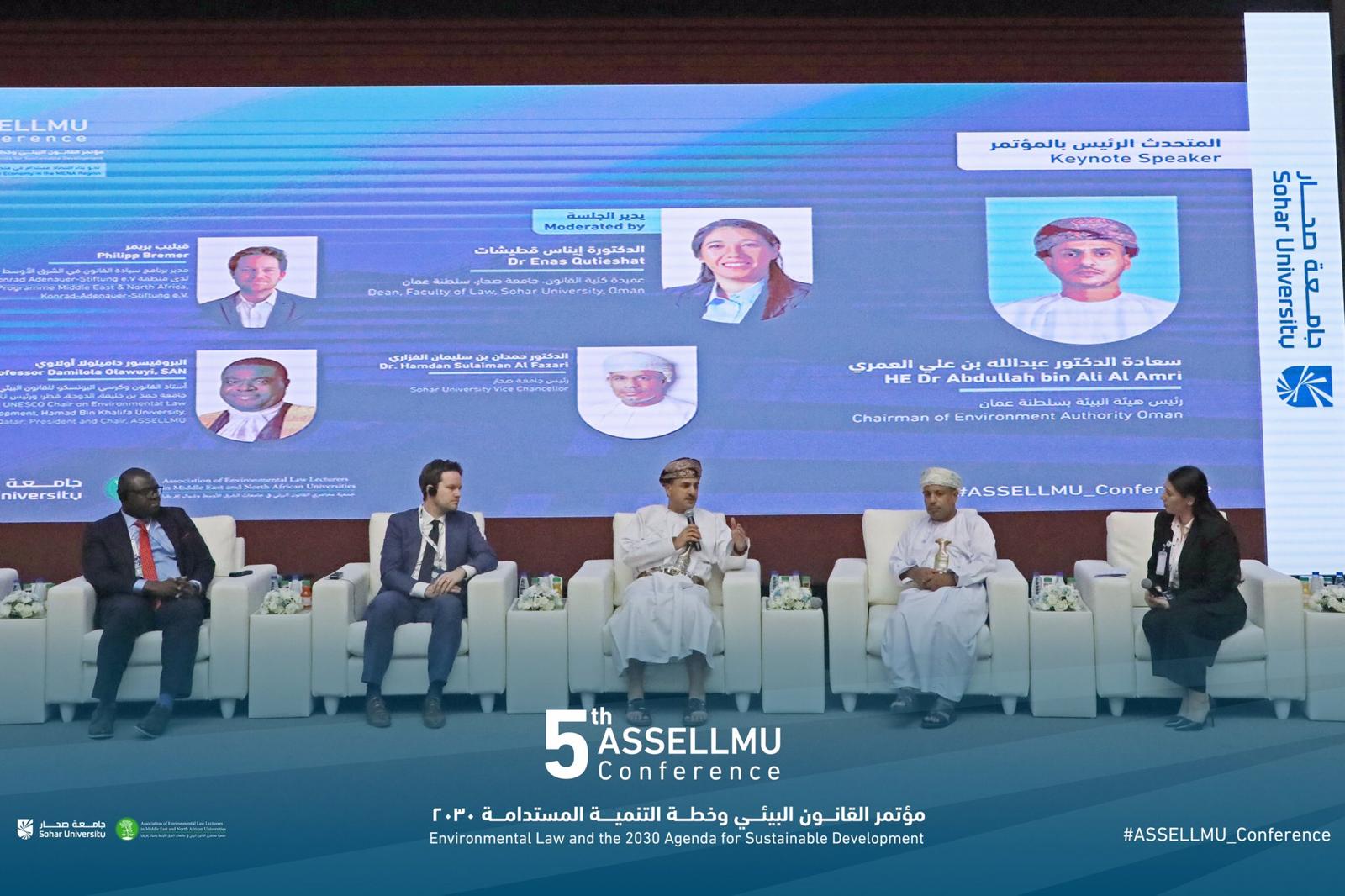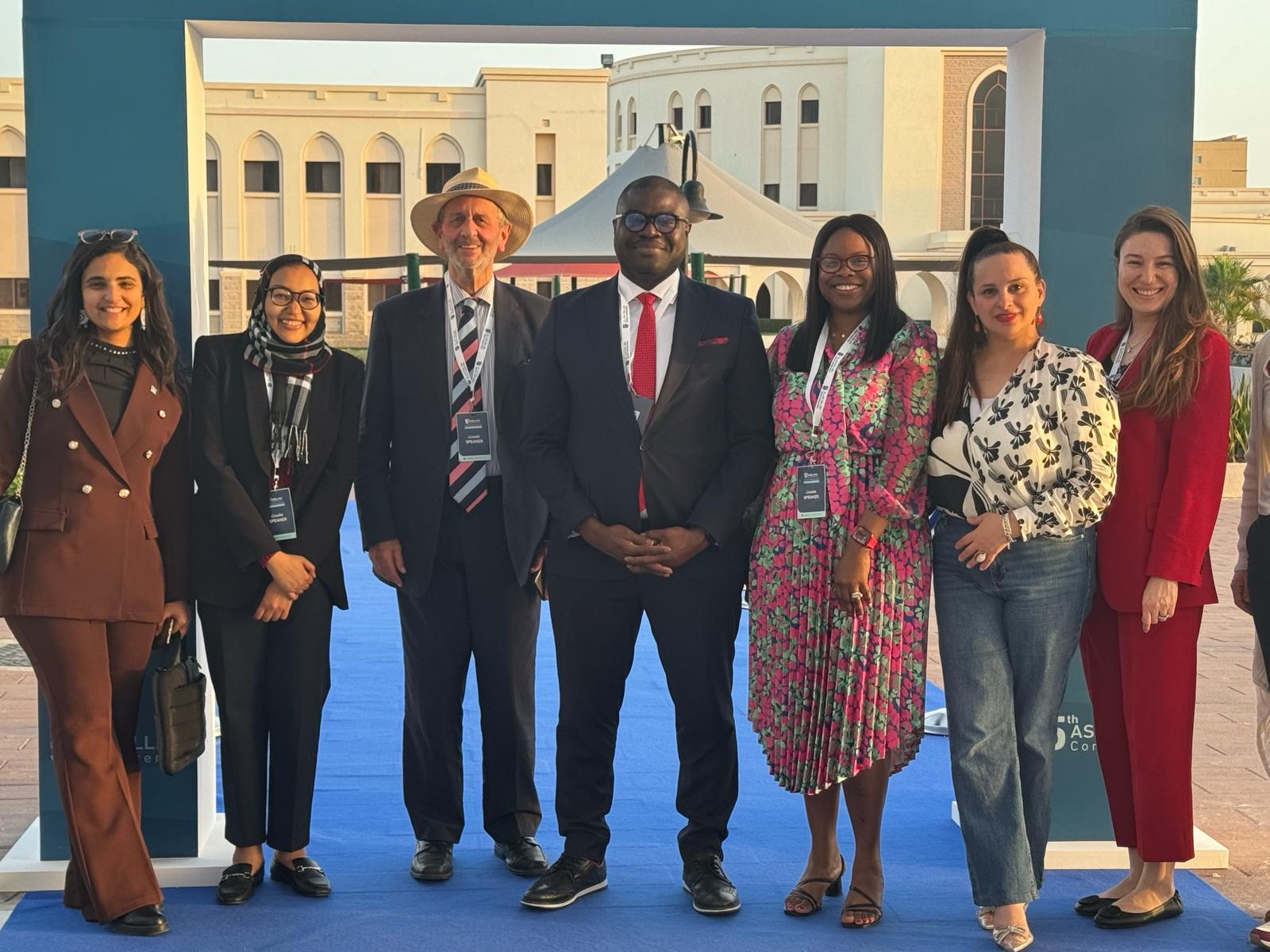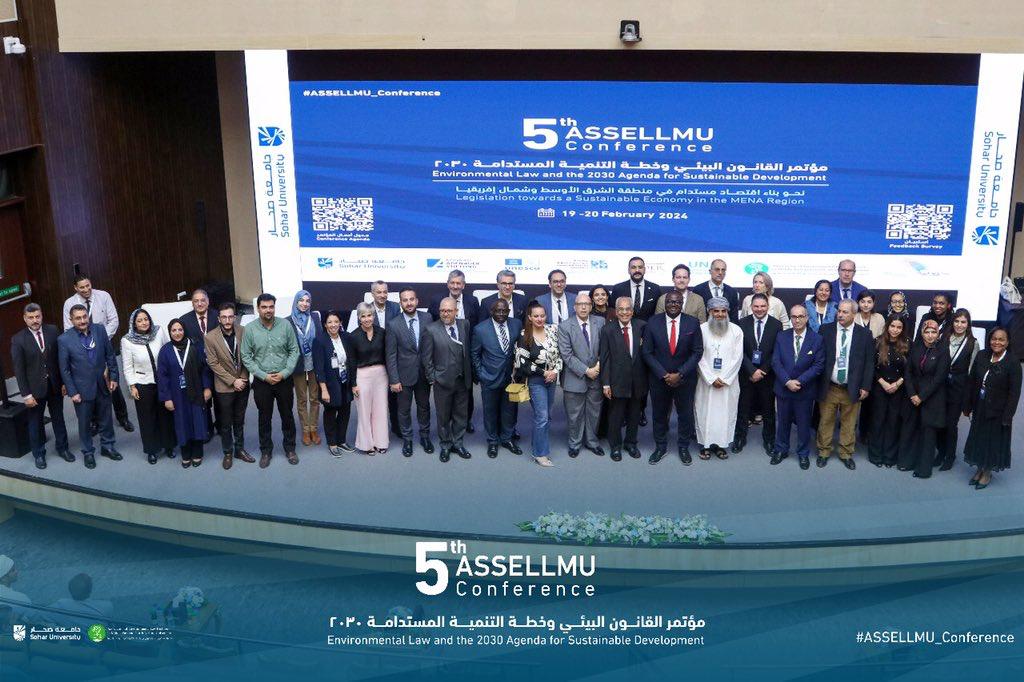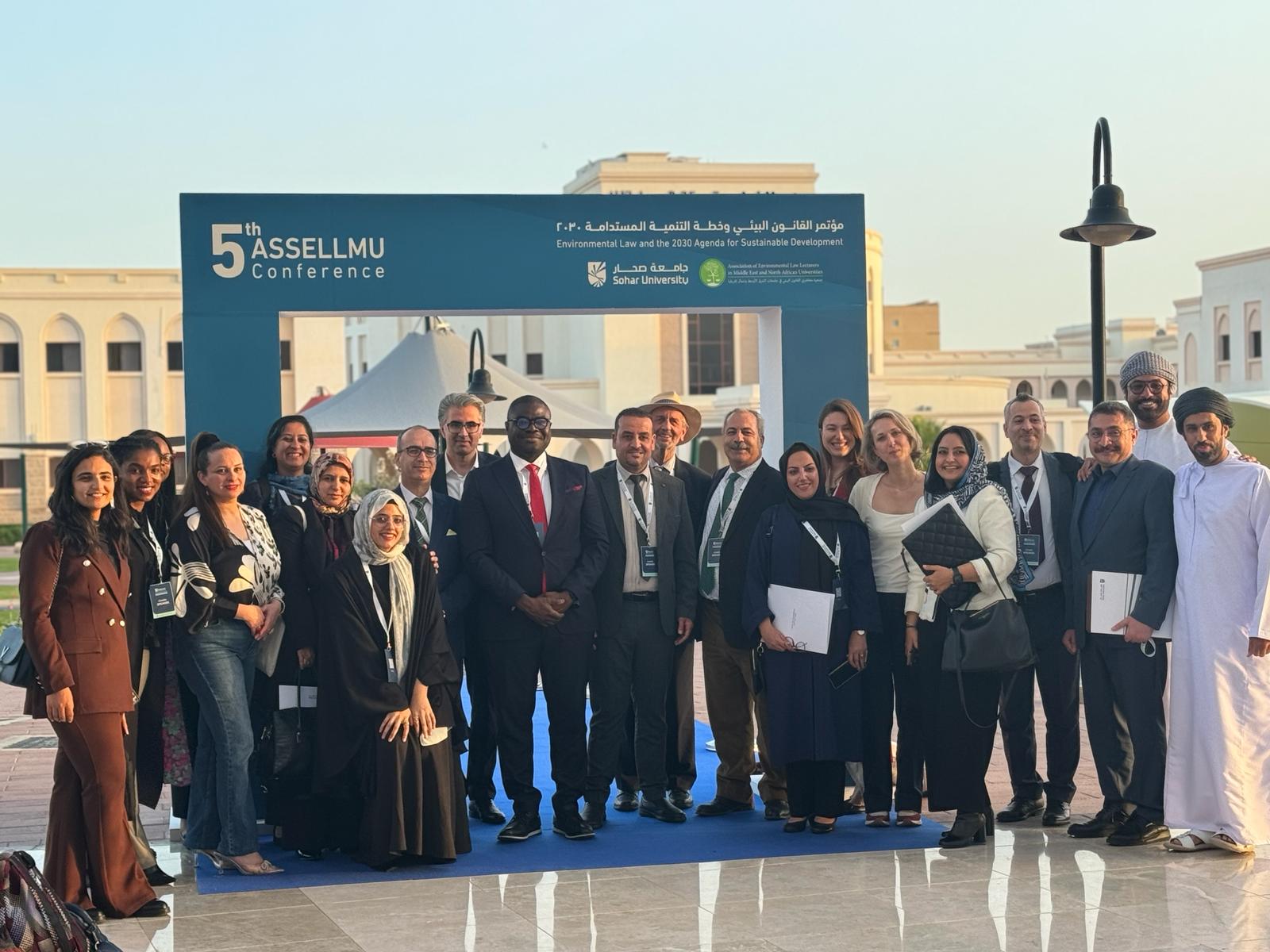

The 5th Scientific Conference of the Association of Environmental Law Lecturers in Middle East and North African Universities (ASSELLMU) was succesfully held from February 19-20, 2024 at the Faculty of Law, Sohar University, Oman. The conference explored the role of comprehensive and effective environmental laws in advancing the attainment of the UN Sustainable Development Goals (SDGs) in the MENA region.
Theme: Environmental Law and the 2030 Agenda for Sustainable Development: Legislation towards a sustainable economy in the Middle East and North African (MENA) Region
